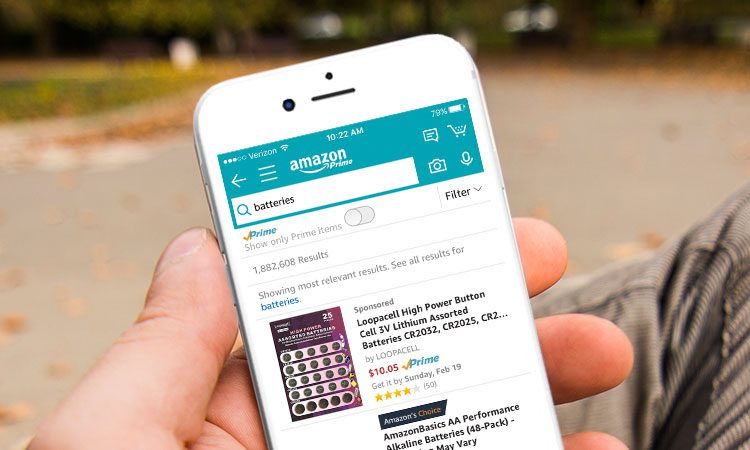In this post we’ll look at the value of mobile apps in ecommerce, and how they can appeal to the most valuable customers.
After the release of the first smartphones a decade ago, retailers tended to create native mobile apps, mainly for iPhone, to appeal to mobile customers.
Many expected that, with the development of responsive design and the ability to create vastly improved mobile sites, that the mobile web would render apps obsolete.
However, the appeal of apps has endured for retailers and many retailers choose to have mobile optimised sites as well as apps for the simple reason that apps can appeal to the most valuable customer segments.
The stats on mobile apps demonstrate this point. According to Criteo’s data, mobile web and apps account for half of all online sales.


It’s the breakdown between apps and mobile web that is interesting, with apps accounting for 54% of sales.


Worldwide sales data shows that mobile accounts for around 50% of online sales in most regions, and app sales generally outnumber those on mobile web.


Other stats show the importance of apps for retailers:
- In Europe, retailers with shopping apps now generate 50% of sales via mobile.
- Mobile commerce apps have higher conversion rates three times higher than those on mobile web.
- In app sales have grown 44% year on year.
So what makes apps so effective?
1. Loyal Customers Are More Likely to Download Apps
Downloading an app indicates some degree of commitment to shopping with a particular retailer, so this is more likely to be an action taken by loyal customers.
Loyal customers tend to spend more, which explains why some retailers see greater revenues via apps.


2. Apps Allow Retailers to Tailor the Experience
Customers using apps can generate a wealth of data for retailers, allowing them to understand product trends and individual customer behavior.
This data can then be used to create a personalised shopping experience.
3. Enhanced Features
Mobile web has come a long way, but apps still allow retailers to offer extra features which appeal to customer.
For example, ASOS allows customers to search for products by uploading photos of items they see while shopping elsewhere.


4. Ease of Purchase
Retailers are making it easier for customers to buy via mobile web, but apps can have the advantage of saved user details, meaning shoppers only need to log-in to complete a purchase.
5. In-App Notifications
These have the potential to be annoying for users, but when customers are already engaged with a brand, they can add value.
For example, push notifications can be used to advise customers about new products, or special offers they may be interested in.


The immediacy of the medium is key here. For example, when using SMS remarketing, messages are opened within 90 seconds on average.
In Summary
While not every retailer will feel they need an app as well as a mobile-optimised website, they are worth considering, as apps can be great tools for improving customer retention.
Apps allows retailers to tailor the customer experience more effectively and provide some of their most valuable customers with a better all-round experience.
Speak to an expert
Learn how to convert your online audience into revenue with our experts.
Graham Charlton
Graham Charlton is Editor in Chief at SaleCycle. He's been covering ecommerce and digital marketing for more than a decade, having previously written reports and articles for Econsultancy. ClickZ, Search Engine Watch and more.








![Valentine’s Day Ecommerce Tips and Trends [2024 Strategy]](https://www.salecycle.com/wp-content/uploads/2019/01/valentines-ecommerce-1.png)




![How SaleCycle helped Vodafone increase their online sales by an additional 2,000 additional sales per month [Extended Version]](https://www.salecycle.com/wp-content/uploads/2023/08/vodafone-banner.webp)




